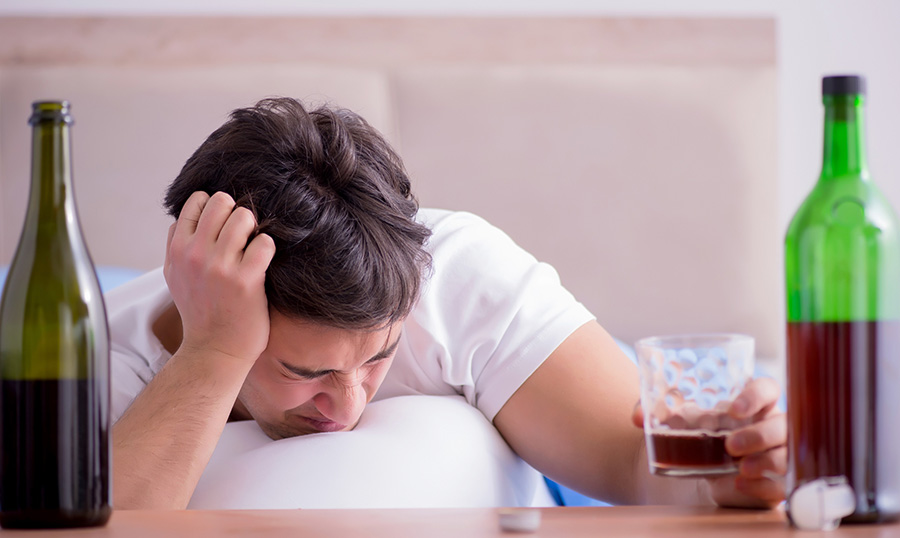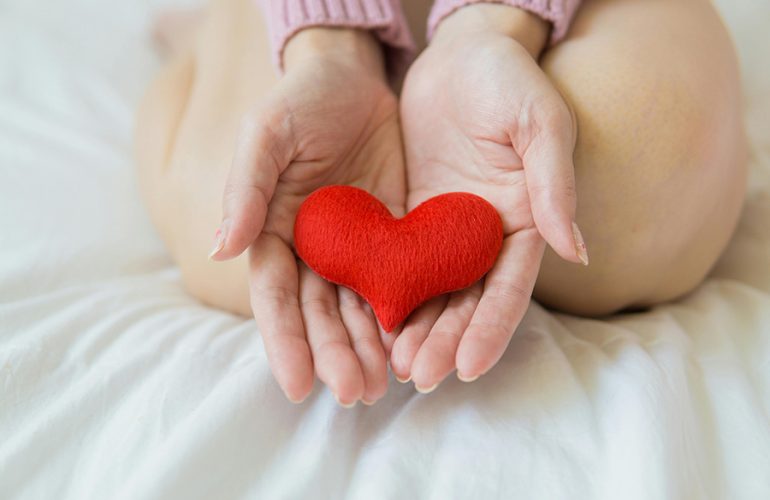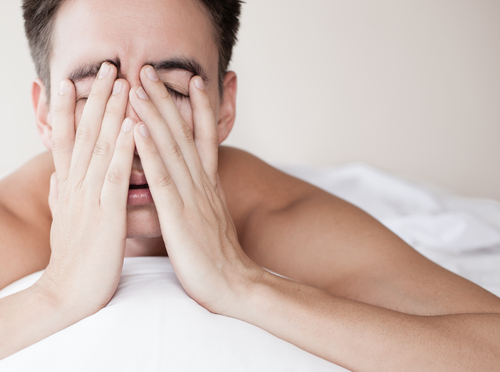You should know by now that a good night’s sleep is necessary for our well-being and overall health, but were you aware that consumption of alcohol and drugs can actually impact sleep in negative fashions? Indeed, they can, and in this post we’re going to look at the different ways substances can influence your sleep patterns, right up to and including the arrival at the REM (rapid eye movement) stage.
To kick things off, here’s a great example: caffeine, as we all know, robs us of precious sleep while keeping us awake, but other substances such as alcohol make us fall asleep faster while causing us to wake in the middle of the night. Some people dabbling in drugs or alcohol, we have found, suffer from nightmares or even bad snoring; others have reported disrupted circadian rhythms, which resulted in insomnia, due to the heavy consumption of drugs or alcohol.
With that being said, let’s now delve deeper into the top ways Sweet Sleep Studio experts believe alcohol could affect your sleep.
• Disruption of the REM Stage – Trying to improve your memory or bolster your mental health? It’s important to know that alcohol can disrupt one of the most vital stages of sleep – rapid eye movement (or REM). This stage is essential for the consolidation of memories, given that it assists in the movement of new information into long-term storage within the brain. It has also been shown to help in the areas of decision-making, problem-solving and emotion regulation, so for these reasons, it is recommended that you experience adequate amounts of REM sleep nightly.
• Irregular Sleep Patterns – Not only can alcoholic beverages make it difficult to fall asleep later in the evening, they also boast stimulants that make it harder to experience quality sleep – and that’s a big distinction. What’s more, excessive consumption of alcohol has the potential to interfere with the aforementioned circadian rhythm – or internal body clock – yielding fatigue during daylight hours.
• Headaches – When you drink alcohol, your blood pressure increases due to stress hormones – such as adrenaline – being released, and this increase often enhances the risk of a heart attack or stroke. Further, excessive drinking can disrupt brainwave activity by bringing down alpha wave levels while increasing levels of beta waves; this change in electrical activity is linked to an increased likelihood of experiencing headache and migraine symptoms.
Alcohol and drugs can also reinforce feelings of anxiety in people who already suffer with them – the reason for this is quite simple: these substances act as stimulants, which can increase stress levels.
In closing, we’d like to express the sentiment that drinking alcohol or consuming recreational drugs should be used in moderation – actually, if you can avoid them altogether, it’s a better plan – to ensure your sleep is always of the healthy variety.
Suffering from sleep apnea or have concerns about circadian rhythm or REM sleep? Contact Sweet Sleep Studio today (913) 309-5963.




